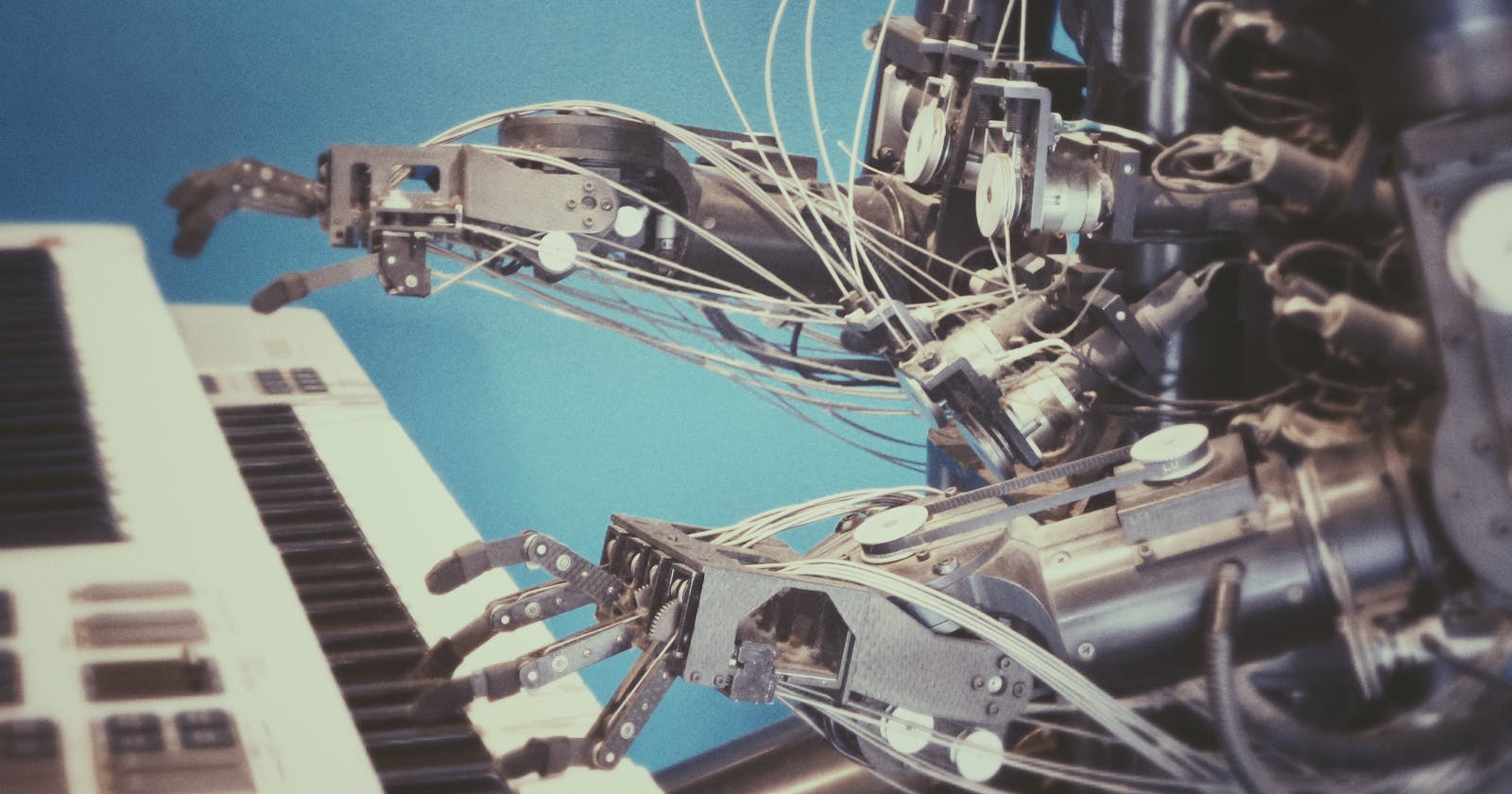Quantum computing in music: simulating acoustics, designing instruments, and improving compression. Endless possibilities.
As a music enthusiast and a fan of quantum computing, I have always been fascinated by the possibility of combining the two. Music production and sound engineering are areas that have greatly benefited from advancements in technology, and I believe quantum computing has the potential to revolutionize these fields. In this blog post, I'll explore some of the ways quantum computing can be used in music production and sound engineering.
Simulating Acoustic Environments
One of the most promising applications of quantum computing in music production is simulating acoustic environments. Currently, the process of creating a realistic acoustic simulation can be time-consuming and computationally intensive. However, quantum computing could significantly speed up this process, allowing sound engineers to create more realistic acoustic environments for their recordings.
Quantum computing's ability to perform complex calculations in parallel could be particularly useful in simulating the behavior of sound waves in different environments. By simulating acoustic environments using quantum computing, we could create more realistic virtual environments for recording and production purposes.
Designing New Musical Instruments
Another exciting possibility for quantum computing in music is the design of new musical instruments. Traditionally, the design of musical instruments has been a trial-and-error process, with designers making iterative changes until they achieve the desired sound. However, quantum computing could make it possible to simulate the behavior of sound waves in different materials, allowing for more informed and precise instrument design.
For example, quantum computing could be used to simulate the behaviour of sound waves in different materials to identify which materials are most suitable for a particular instrument. This could lead to the creation of new, innovative instruments with unique sounds that were not possible before.
Improving Audio Compression
Audio compression is an essential process in music production and distribution, as it allows for smaller file sizes and faster streaming. However, current compression algorithms can lead to a loss of sound quality. Quantum computing could potentially be used to develop more efficient compression algorithms that preserve sound quality while reducing file sizes.
The parallel processing power of quantum computing could be particularly useful in this application. By simultaneously processing large amounts of data, quantum computers could potentially identify and eliminate redundancies in the audio data that are not perceptible to the human ear.
Conclusion
In conclusion, quantum computing has the potential to revolutionize music production and sound engineering. From simulating acoustic environments to designing new musical instruments, the possibilities are endless. While these applications may still be in their early stages, I believe that we will see significant advancements in the coming years. As a music lover and a fan of quantum computing, I can't wait to see what the future holds for these two fields.

